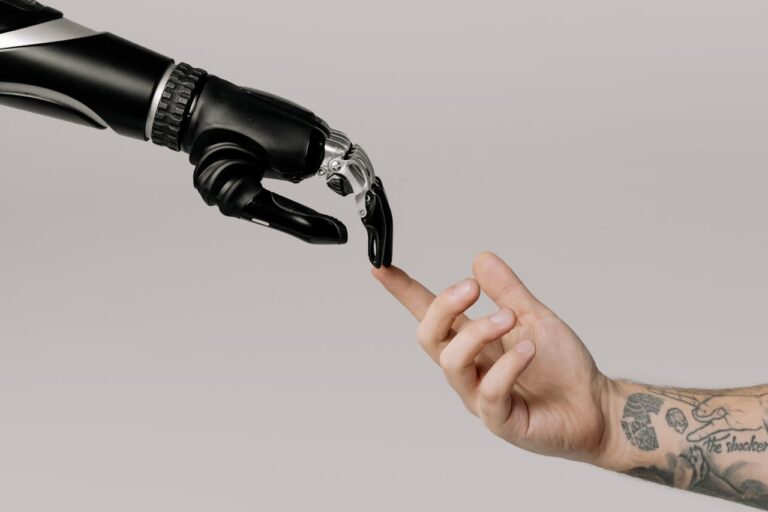Artificial Intelligence (AI) remains at the forefront of technological innovation, spearheading notable progress in diverse fields and industries. AI's influence spans from healthcare to finance, transportation to entertainment, leaving a profound and ever-changing impact. As we explore the latest developments in AI technology, it becomes evident that we are experiencing a revolutionary era that holds the potential to redefine our lifestyles, work dynamics, and interactions with the world.

